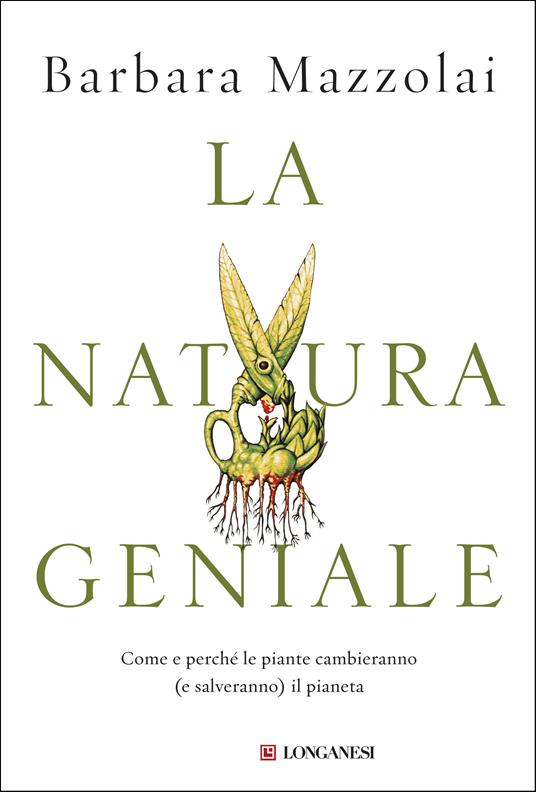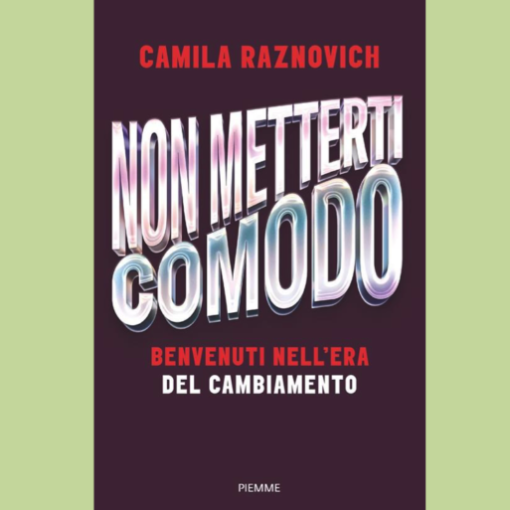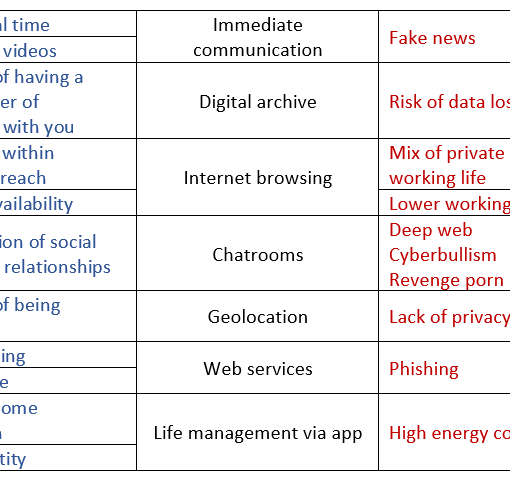
Robot: a word that makes us think of an object that performs strenuous or precise actions by imitating the movements of humans or animals such as dogs or spiders. We hardly think of a plant, despite the fact that plants are the real protagonists of life on our planet. Without them we would have no land, no oxygen.
Let us, therefore, ask ourselves what organisms apparently so different from us as an oak or a climbing plant can teach us. Which of their characteristics could help us build, for us and our Planet, a better and less bleak future than the one we are beginning to glimpse today? The answer may come from the pioneering work of the woman who invented the first robot in history inspired by the world of plants.
Perfectly adapted to their habitats, plants represent an evolutionary alternative almost mirroring that of the animal world: this has evolved favouring characteristics linked to movement and speed, while plants, in spite of living rooted in the place where they were born, have managed to colonize all the habitats of the Earth, making of their being static (but not immovable), the principle of their own resilience.

Pagine: 192, illustrato | EAN: 9788830451148
Barbara Mazzolai is a Biologist with a PhD in Microsystems Engineering and an International Master in Eco-Management at the Scuola Superiore Sant’Anna in Pisa. She is the director of the Micro-Biorobotics Center of the Italian Institute of Technology in Pontedera. She has received prestigious awards. We cannot fail to mention that in 2015 Robohub, the largest international scientific community of robotics experts, included her among the 25 most brilliant women in the industry.
As part of the European FET (Future and Emerging Technologies) program, which funds the most visionary research ideas, she coordinated the project that led to the creation of the Plantoid, the first robot in the world inspired by plant roots, with applications ranging from space exploration to microsurgery, to environmental monitoring.
She deals with this research in her first literary work. With a simple yet scientifically accurate language, she starts from the origin of life and, following the great Darwin, she develops concepts and deductions, ending by talking of GrowBot, the new challenge, her challenge: the robot that grows and climbs.
The detailed bibliography that accompanies the text, from which one can start to create one’s own, is peculiarly valuable research.
Credits:
Author: Anna Lacci is a scientific popularizer and expert in environmental education and sustainability and in territory teaching. She is the author of documentaries and naturalistic books, notebooks and interdisciplinary teaching aids and multimedia information materials.
Translation by Maria Antonietta Sessa




